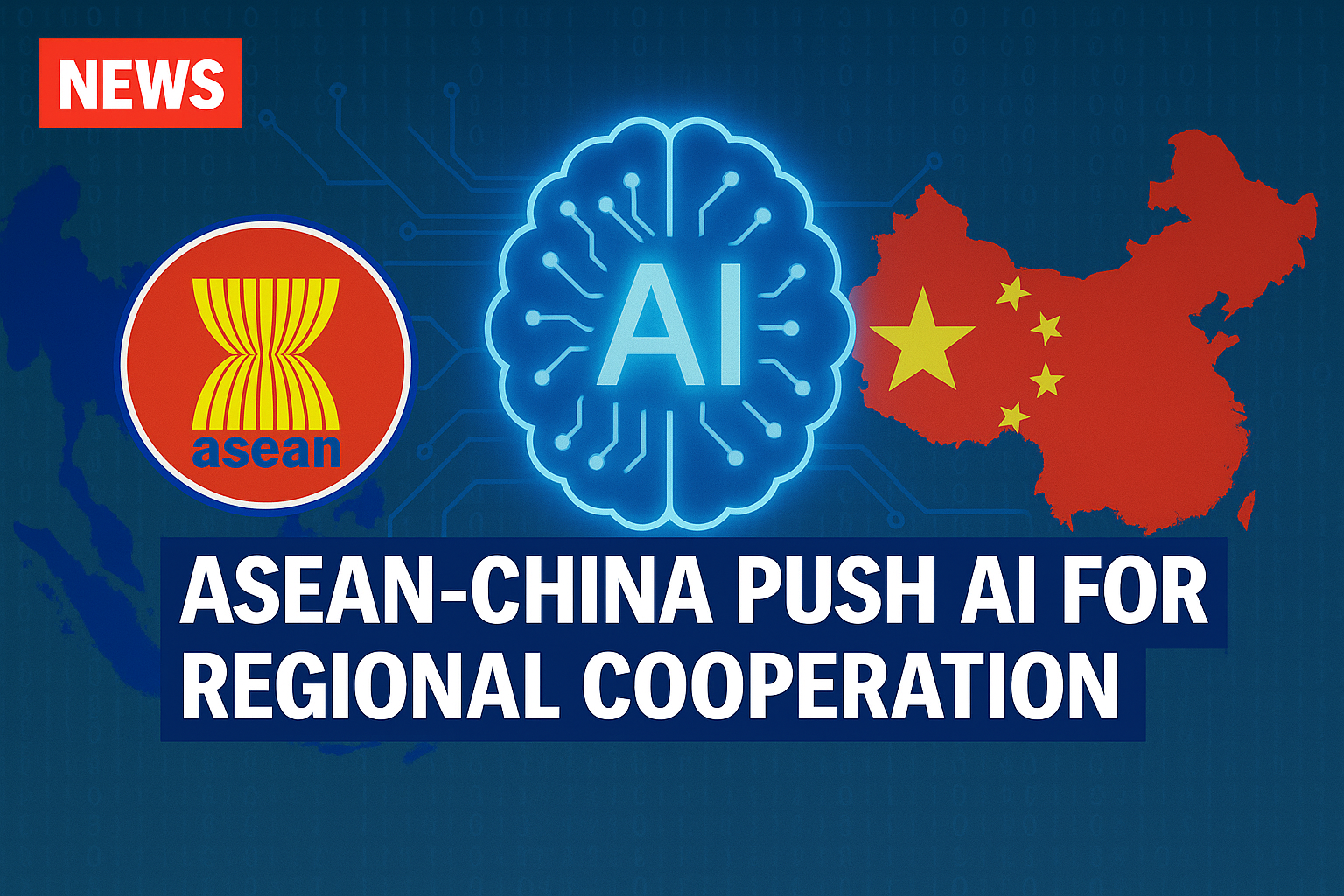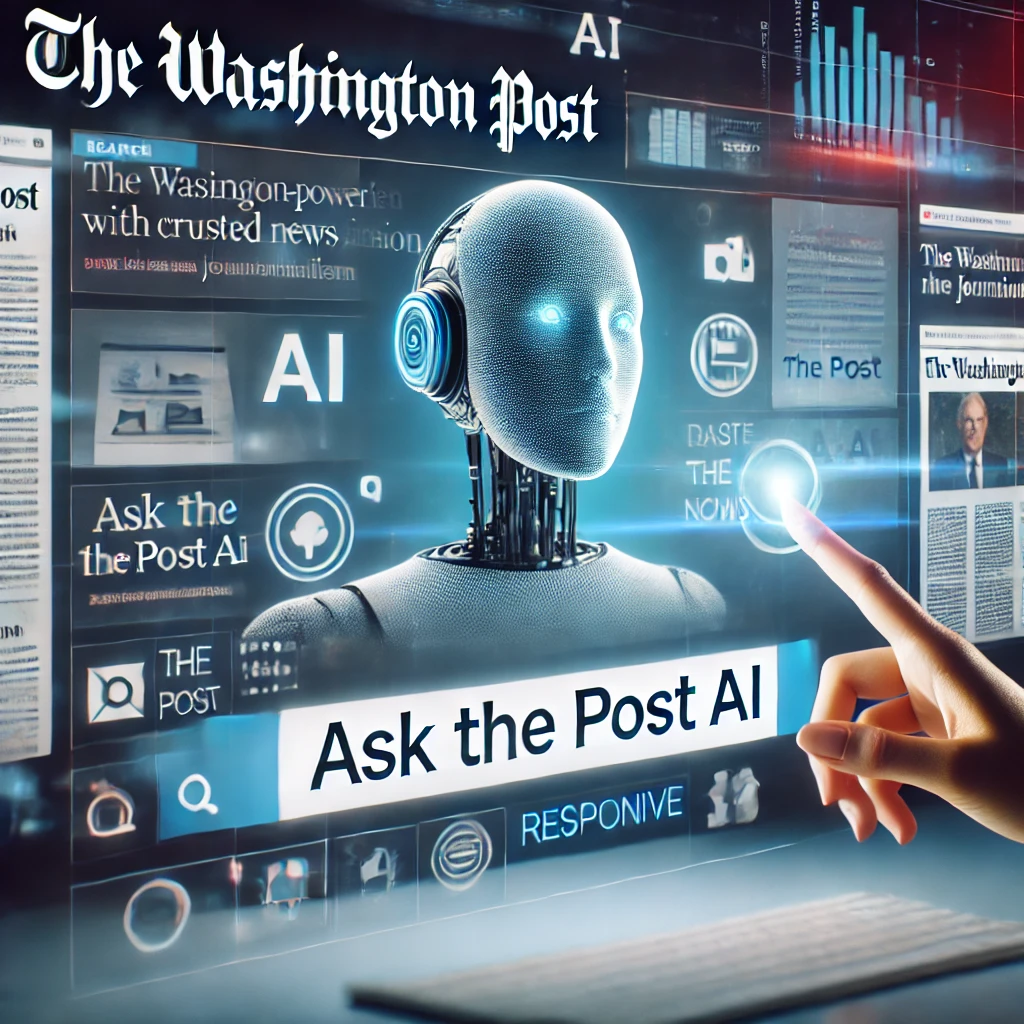ACKNOWLEDGING the impact and potential of artificial intelligence (AI), the Asean-China Center (ACC) invited diplomatic envoys and media practitioners from China and Asean countries to promote practical cooperation in the region.
Held in collaboration with the China International Communications Group (CICG), the 8th Asean-China Media Cooperation Forum had the theme “Harnessing the Power of AI to Enhance Communication Cooperation in the Region.”
This year’s forum was held on May 25 in the ancient Chinese city of Luoyang in Henan province.
ACC Secretary General Shi Zhongjun cited the shared future of the Asean-China community.
“This partnership has blossomed into the most dynamic and fruitful cooperation model in the Asia-Pacific region, benefiting over 2 billion people,” Shi said. “Asean and China are not only partners, but also pillars of stability, driving growth in Asia and contributing to a more peaceful and prosperous world.”
Shi said media plays a key role in consolidating regional solidarity.
“In this time of global uncertainty and instability, the need for Asean and China to respond with regional solidarity becomes even more pressing and crucial, with media playing the key role to promote mutual trust and understanding among the peoples,” he said. “In today’s rapidly evolving digital landscape, artificial intelligence has become a transformative force, reshaping industries, including media, at an unprecedented pace.”
While pointing out the liabilities of simulating human intelligence, Shi said it is undeniable that AI opens up vast opportunities in the global media ecosystem.
“Our focus should be on leveraging this powerful technology to strengthen communication while collaboratively addressing its potential risks,” he said.
Shi said fake news is one area the region has to pay special attention to. “Fake news can be easily created and spread like never before, causing the erosion of trust among the public and weakening relationships and cooperation among countries,” he said.
He emphasized four factors vital in harnessing the power of AI: media ethics, social responsibility, equal access and collaboration.
CICG President Du Zhanyuan said the media connects China and the rest of the world and is an important force in promoting cultural exchanges and enhancing friendship and mutual trust.
“We must uphold true multilateralism and build a new global governance order,” Du said through an interpreter.
“Today’s international situation is turbulent and uncertain, and unpredictable factors are increasing. Only by adhering to consultation, joint construction and sharing can we effectively respond to global risks and challenges,” he said.
Deputy Minister Phan Tam of Vietnam’s Ministry of Culture, Sports and Tourism agreed.
“Like many countries in the region, we recognize that digital transformation in journalism cannot succeed in isolation. It requires stronger and deeper regional cooperation to develop technologies that are tailored to the culture, language, and values of Southeast and East Asia,” Tam said.
“In Vietnam, we have been actively applying AI in journalism, including editorial support, automated publishing, trend analysis, and fact-checking assistance. At the same time, we place special emphasis on professional ethics, social responsibility, and the role of human oversight throughout the entire process of AI adoption,” he said.
Kem Gunawadh, secretary of state of Cambodia’s Ministry of Information, said his country is ready to work closely with China and other Asean members in building a media landscape that promotes truth, peace and progress.
“One of the most pressing issues of our time is the spread of fake news that erodes public trust, distorts democratic processes and undermines social harmony,” he said.
Gunawadh said Cambodia launched a nationwide “Say No To Fake News” campaign last April 1 which aims to combat the spread of misinformation and disinformation on social media platforms.
He, however, said the media must ensure that AI is used ethically and responsibly.
“The misuse of AI can amplify biases, spread fake news faster and deepen social divides,” he added.
Source: https://www.manilatimes.net/





